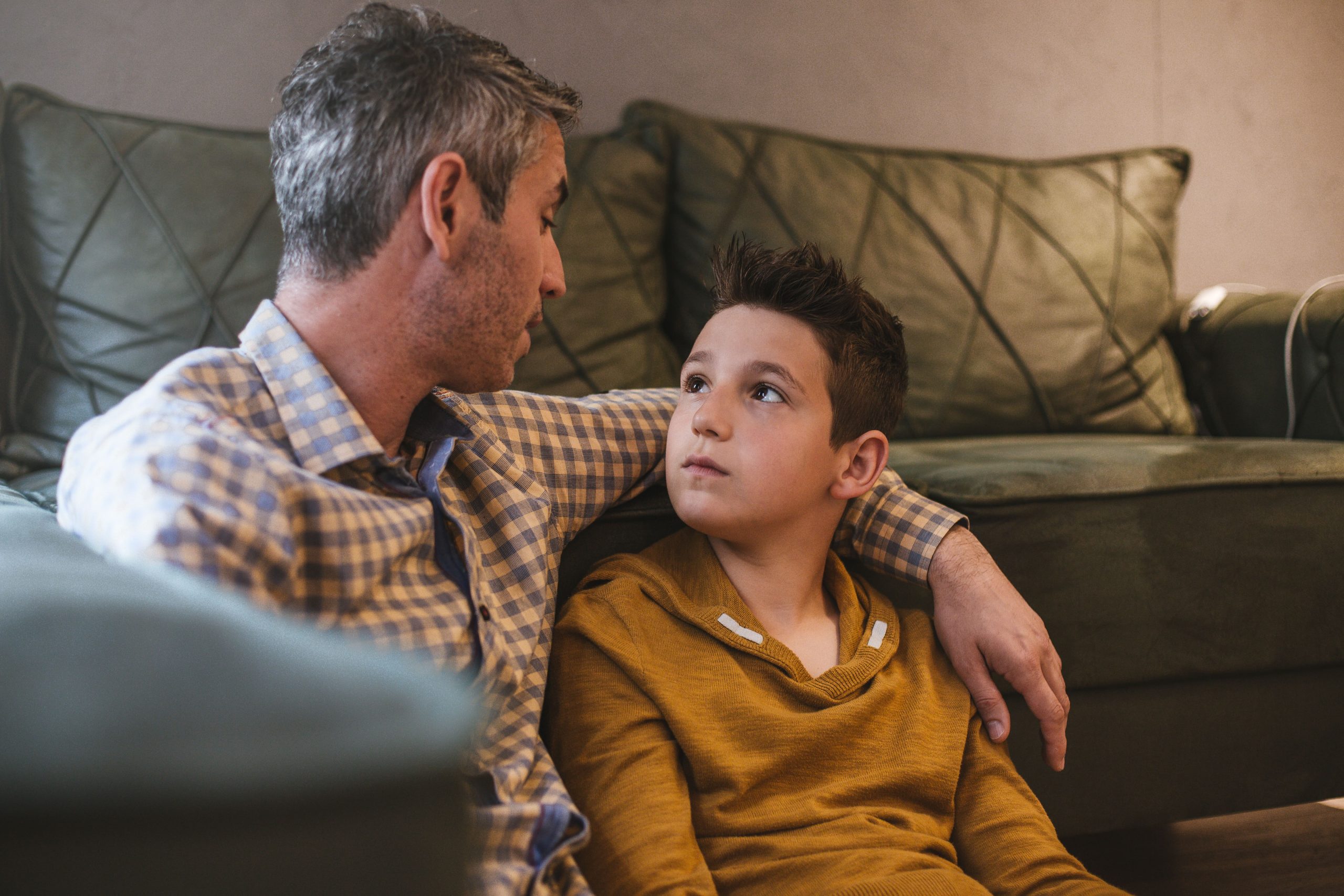The face and skin may experience changes, or you could notice weight fluctuations. You may discover these signs of drug abuse in your teenager:
You may also notice some of the following changes in your teen’s behavior:

After you’re familiar with the common teenage drug abuse signs, you need to know the tactics to prevent full-blown drug addiction.
We use cookies to give you the best experience on our website. If you continue without changing your cookie settings, we assume that you consent to our use of cookies on this device. You can change your cookie settings at any time but if you do, you may lose some functionality on our website. More information can be found in our Privacy Policy.